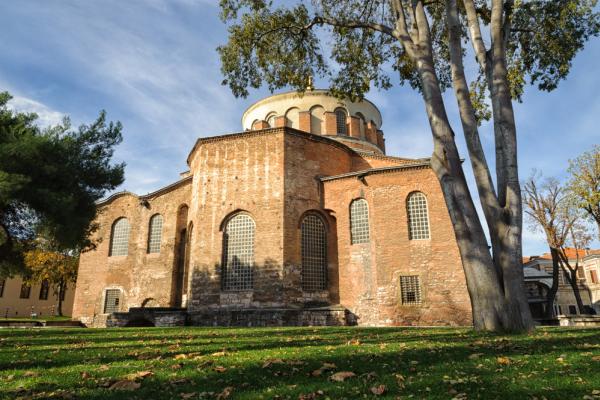A religious summit last held more than 1,200 years ago suddenly risks being downgraded or postponed because of Syria’s four-year civil war. This unexpected twist has come as the world’s Orthodox churches, the second-largest ecclesial family in Christianity, were supposed to be only months away from their first major council since 787.
Now it is no longer clear when or where the Holy and Great Council of the Orthodox Church, a summit first proposed at least as far back as 1961 and provisionally scheduled for May in Istanbul, will be held.
With its traditional icons and complex liturgies, Orthodox Christianity can seem like an unchanging remnant of a long-lost era. But it lives very much in today’s world and its 14 autocephalous (independent) member churches can be wrapped up in its politics and subject to its pressures.
Read the Full Article

